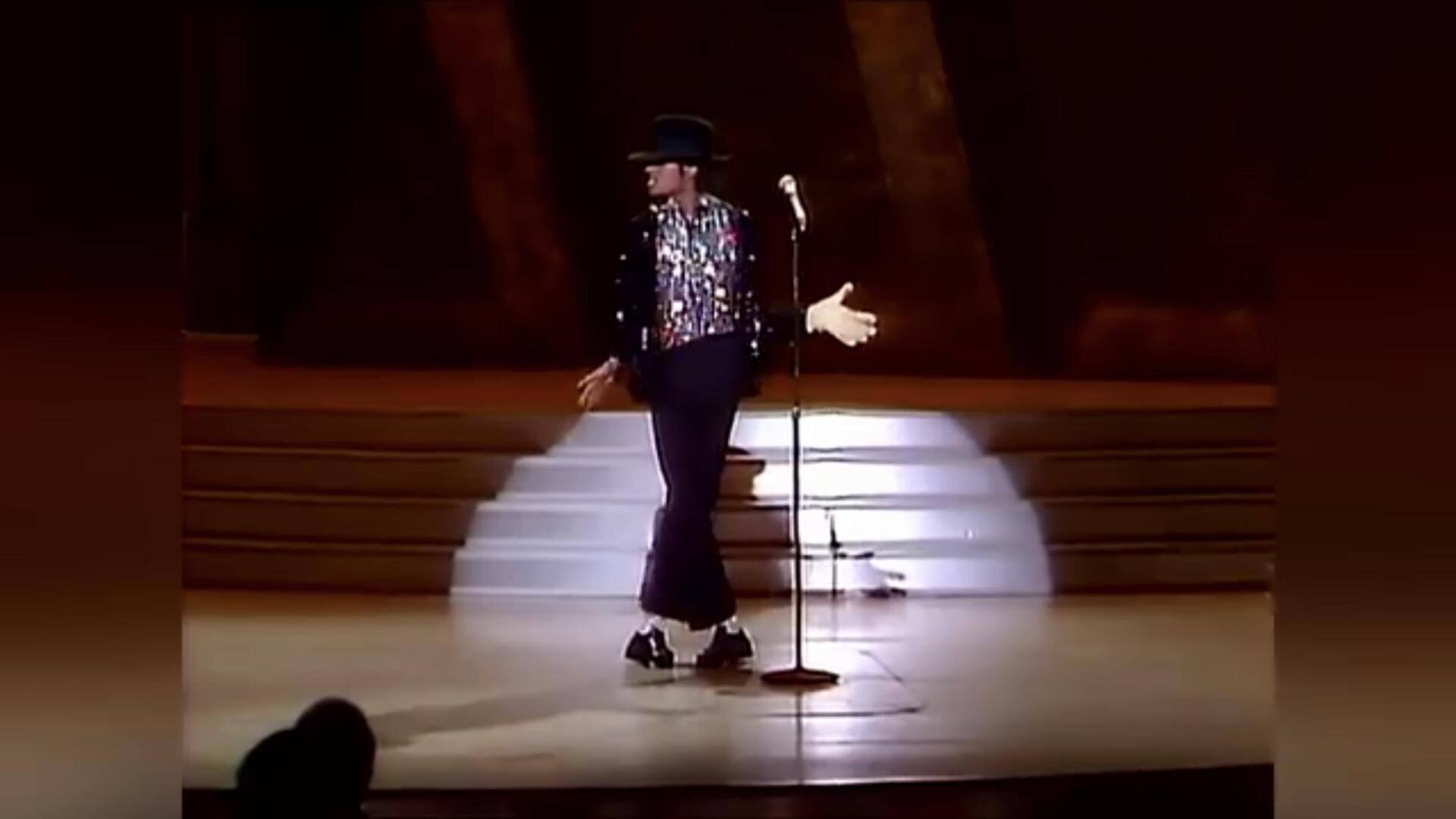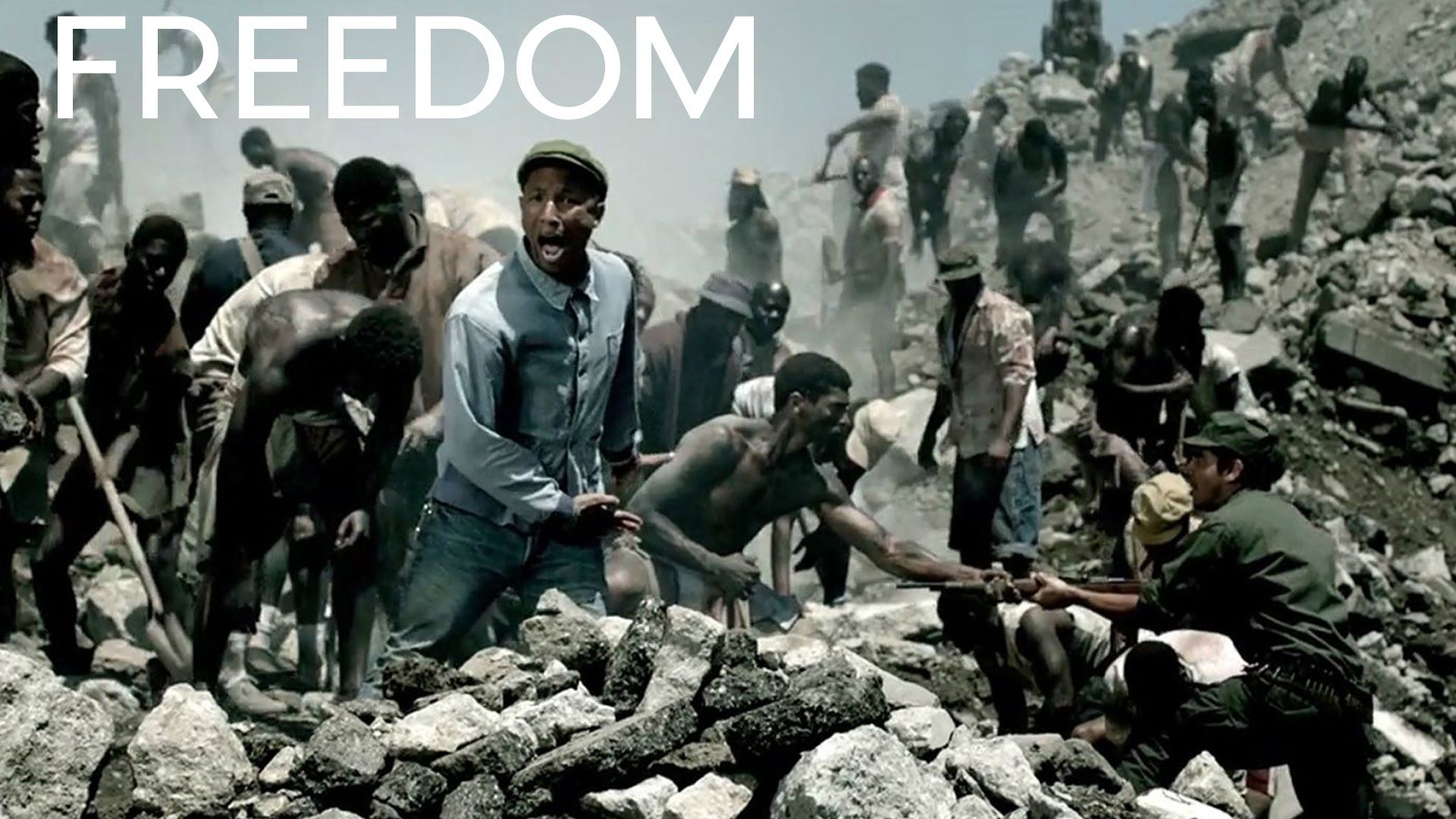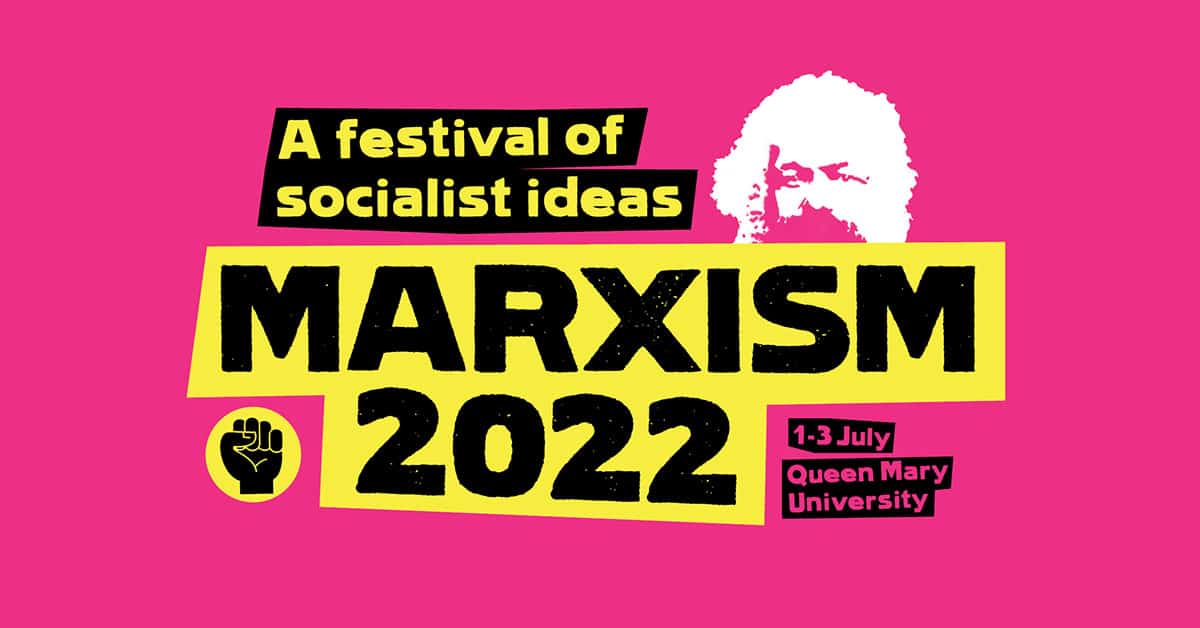Trains of Thought
Cultural Theories of Speed and Solidarity

The Strengths of Weakness
People regularly choreograph their weaknesses. They project them. Each of us excel at it.
The question of weakness, the descriptive
x
presently eluding us all, is not
how, which we undertake to show others readily, relatively without reflection:
but is rather an ongoing wonder of
why!
The why of weakness is what we, each of us, are searching for.
And funny enough, it remains a central driver to our projective force as such, the root cause of our maddened romp through endless space to hear something from a world that is at best indifferent to them and at worst violently insensitive and rapacious in the highest degree.
Why
is within and without. Try your hardest to answer the question of why for yourself, but it will never be fully satisfying. We don’t believe it until we hear it from someone else, until it is negotiated in a way that neither can truly claim fully credit in its creation! Not that we’d believe that sort of answer anyway. We don’t buy it.
You see,
you’ve got all the answers to why.
You’ve shown me all that you need to know.
You just need to hear that question from me.
Such is the true wellspring of the collaborative
why:
And as always, questions remain more important than answers!
“When you
die, you’re gonna regret the things you don’t do.
You think you’re
queer? I’m gonna tell you something: we’re
all
queer. You think you’re a
thief? So
what? You get befuddled by a middle-class morality? Get
shut
of it.
Shut
it out…
There’s an absolute morality? May
be. And then
what?”
No one of us alone has the whole picture. The martyrs go out into the arena together. And they die alone on the crucifix. That’s why we’re alone drinking at the bar. You think we don’t know what’s wrong? Grow up. We want others to know how… and we want to know why.
The highest degree in the continuously-perfectible art of sales is
identifying weakness,
and providing its subject with what they lack.
Make them feel that what they desire is yours—and that in you, it might
also
be theirs.
The best traps are those of universal truths, those which encase us all. The simple statement of existing constraints, the truths that endure because we’ve encountered the confusion of their simplified form: when you die, you’re gonna regret the things you don’t do.
It’s very easy to tell others what you want them to hear. Most of us do that anyway, whether we realize it or not! It takes a true artist to tell someone what they want to hear. In drawing out such a thread how many of us can truly say we listen—rather than simply hearing! To listen as such is purely to feel, to be present in presence: fully instinctive.
And beware: to succeed as such, there can be no lies. You cannot fake such an act.
There is only the truth, such that you must embody it entirely. Live it. Give yourself to it,
give everything; say: ‘politeness, precision, swiftness, obsession, oppression, courtesy become above all
a singular focus:
you, or the wantings of
you.’
This is the stuff of great strength.
This weakness, and its lacking, is
everything.
19 May 2022
Trains of Thought | All Rights Reserved






